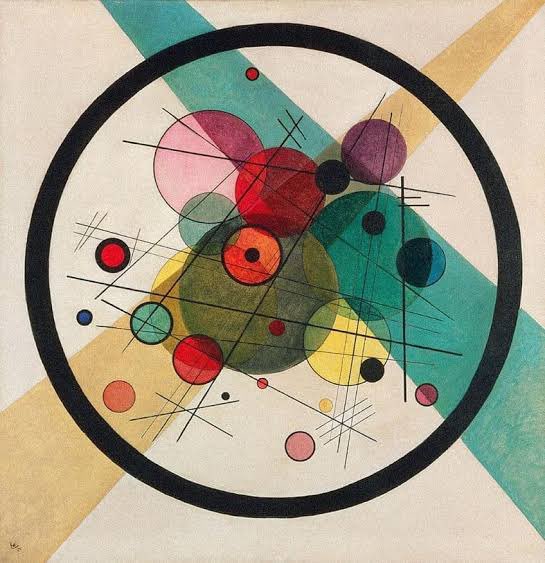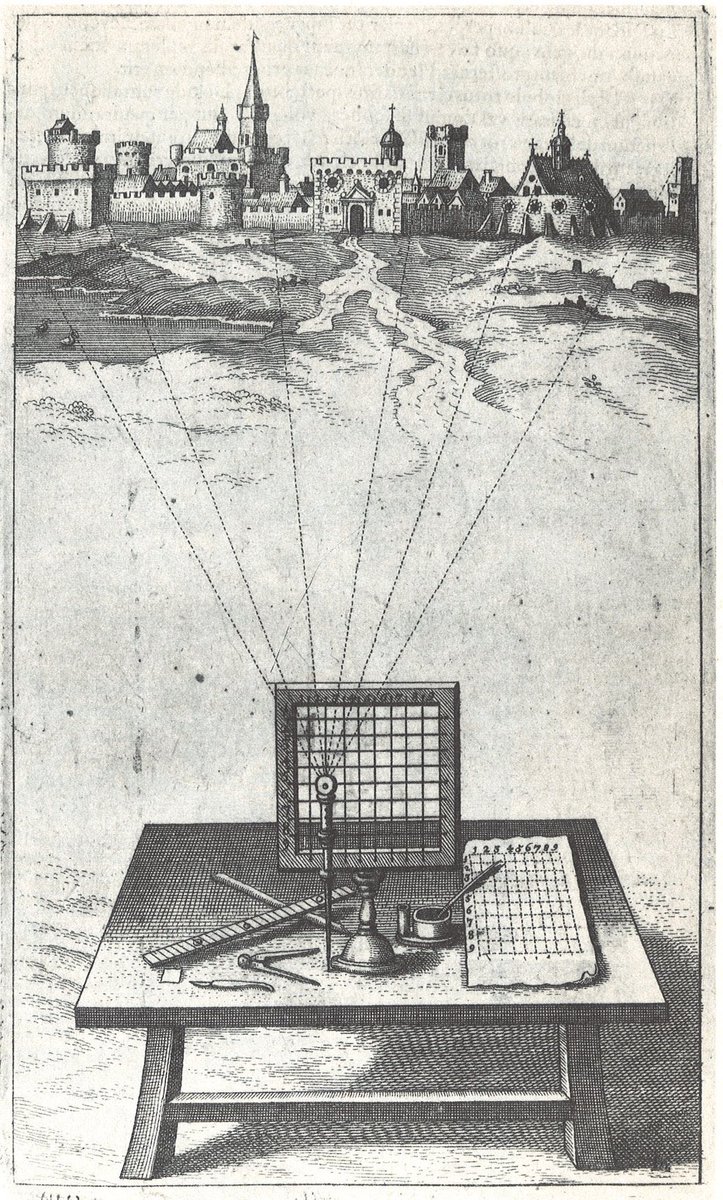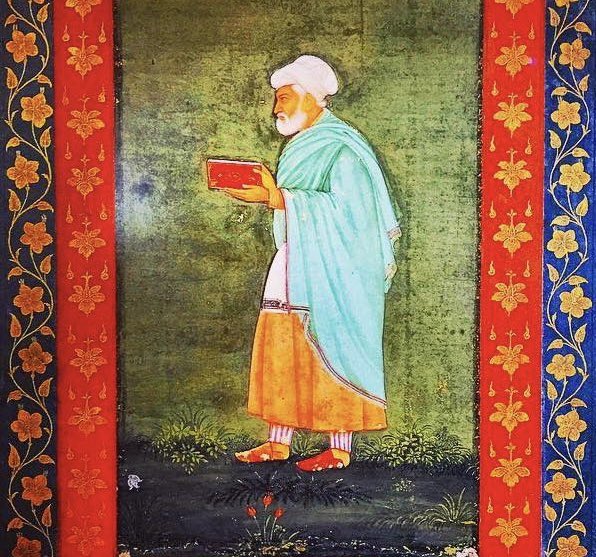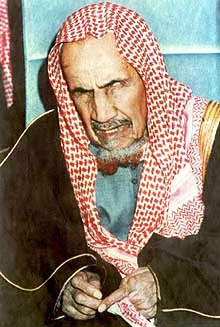Why do those who claim to resist the West speak only in its tongue? The postmodern mind repeats what it thinks it rejects. Its critique of power and truth proceeds within the same framework that first severed truth from principle. 🧵 

2/
After discarding dialectic and phenomenology as excessive constraint, constructionism appeared. It replaced reality with relation and made knowledge a function of language. The intellect, deprived of measure, turned upon its own act of knowing.
After discarding dialectic and phenomenology as excessive constraint, constructionism appeared. It replaced reality with relation and made knowledge a function of language. The intellect, deprived of measure, turned upon its own act of knowing.
3/
The postcolonial thinker called this liberation. Yet what he adopted was the last phase of Western thought. His revolt affirmed what it denied, for it accepted the premise that truth is made, that being has no order beyond choice.
The postcolonial thinker called this liberation. Yet what he adopted was the last phase of Western thought. His revolt affirmed what it denied, for it accepted the premise that truth is made, that being has no order beyond choice.
4/
When progress abandoned its Christian content, arbitrarism presented itself as universal. Will replaced hierarchy. Freedom became detachment from cause, and modernity took this absence of ground as the mark of its maturity.
When progress abandoned its Christian content, arbitrarism presented itself as universal. Will replaced hierarchy. Freedom became detachment from cause, and modernity took this absence of ground as the mark of its maturity.
5/
Modernity then declared itself no longer Western but simply human. Its sciences and rights named themselves neutral. What had arisen from a particular history concealed itself beneath the language of necessity and reason.
Modernity then declared itself no longer Western but simply human. Its sciences and rights named themselves neutral. What had arisen from a particular history concealed itself beneath the language of necessity and reason.
6/
The result is exhaustion. The same principles that built the modern world now dissolve it. What calls itself postmodern is its continuation, extending the severance of truth from being until no centre remains.
The result is exhaustion. The same principles that built the modern world now dissolve it. What calls itself postmodern is its continuation, extending the severance of truth from being until no centre remains.
@threadreaderapp unroll
• • •
Missing some Tweet in this thread? You can try to
force a refresh












